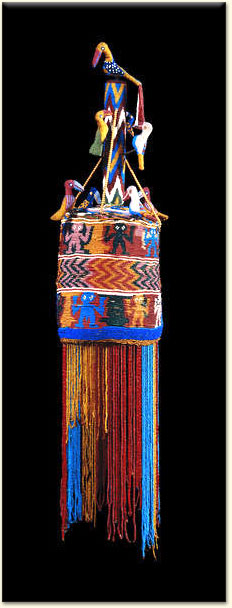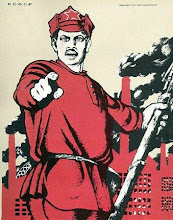In the post http://fatherdaughtertalk.blogspot.com/2012/09/the-cult-of-founding-fathers.html
we talked about disturbing revelations about President Thomas Jefferson.
It was during the 1950s, when historian Edwin Betts was editing one of Colonel Randolph’s plantation reports for Jefferson’s Farm Book, that he confronted a taboo subject and made his fateful deletion. Randolph reported to Jefferson that the nailery was functioning very well because “the small ones” were being whipped. The youngsters did not take willingly to being forced to show up in the icy midwinter hour before dawn at the master’s nail forge. And so the overseer, Gabriel Lilly, was whipping them “for truancy.”
Betts decided that the image of children being beaten at Monticello had to be suppressed, omitting this document from his edition. He had an entirely different image in his head; the introduction to the book declared, “Jefferson came close to creating on his own plantations the ideal rural community.” Betts couldn’t do anything about the original letter, but no one would see it, tucked away in the archives of the Massachusetts Historical Society. The full text did not emerge in print until 2005.
Betts’ omission was important in shaping the scholarly consensus that Jefferson managed his plantations with a lenient hand. Relying on Betts’ editing, the historian Jack McLaughlin noted that Lilly “resorted to the whip during Jefferson’s absence, but Jefferson put a stop to it.”
We rely upon the work of historians to preserve the Past.
Mr. Scalia's legal philosophy requires an unchanging realm of the Past, a Platonic realm which never varies, never fades, nor ever dimishes; it may be ignored, but it is always there to be discerned by people like Mr. Justice Scalia.
Mr. Justice Scalia's philosophy pretends that it can cordon off certain important areas of the past, as if historians place a tape saying "Historical Police Order - Do Not Cross" around a crime scene.
The evidence of the Past is always contaminated by every sentient entity that comes into contact with it
When it comes to interpreting what went on in the Past, everyone has access to the Evidence Room...
The Chains of Evidence are always broken, the evidence is always compromised.
--


















No comments:
Post a Comment